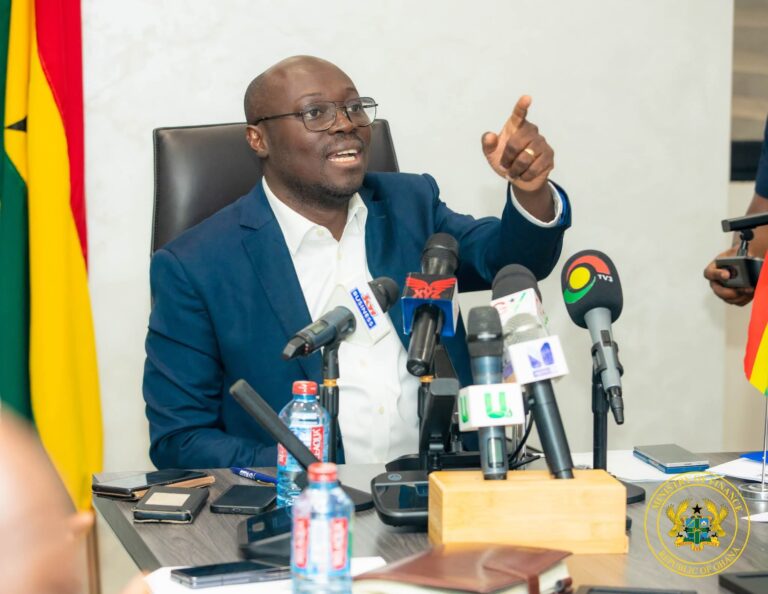Dr. Cassiel Ato Forson, Finance Minister
International credit ratings agency Moody’s Investors Service has upgraded Ghana’s long-term foreign currency credit rating to Caa1 from Caa2, reflecting the country’s improved debt outlook and ongoing macroeconomic recovery under the IMF-supported reform programme.
The outlook has also been revised to stable from positive.
The upgrade, announced on Friday, October 10, marks a major milestone in Ghana’s post-crisis recovery journey after years of fiscal strain, high inflation, and currency instability. Moody’s said the decision was driven by stronger fiscal discipline, successful debt restructuring progress, and enhanced foreign reserve buffers — all of which have bolstered Ghana’s ability to meet its external debt obligations.
“Greater macroeconomic stability and favourable external dynamics are supporting more controlled funding costs and foreign exchange reserve replenishment,” Moody’s said in a statement.
The agency noted that Ghana’s debt metrics are now on a clearer path toward sustainability, supported by prudent fiscal management, primary budget surpluses, and expenditure controls aligned with the Fiscal Responsibility Framework. Public debt fell sharply to ₵629 billion ($51.6 billion), or 44.9% of GDP, by July 2025, down from ₵764 billion (64.9%) a year earlier.
This improvement comes amid a strong recovery in key economic indicators. Inflation dropped to 9.4% in September 2025, Ghana’s first single-digit rate in four years , while the cedi has maintained stability. Meanwhile, international reserves surged 43% to $10.7 billion by August, driven largely by robust gold exports and a rebound in investor confidence.
The announcement coincided with the IMF’s staff-level agreement with Ghana following the Fifth Review Missionunder the $3 billion Extended Credit Facility (ECF), paving the way for an additional $385 million disbursement once approved by the IMF Executive Board.
Finance Minister Dr. Cassiel Ato Forson hailed the Moody’s upgrade as “a powerful validation of Ghana’s disciplined and comprehensive economic reset strategy,” led by President Mahama’s Reset Agenda.
He emphasized that the government’s reform momentum has translated into faster non-oil sector growth, lower interest rates, and a stronger fiscal position.
Analysts say the improved rating could lower Ghana’s borrowing costs, boost investor confidence, and enhance access to international capital markets.
Source:Lovinghananews.com


